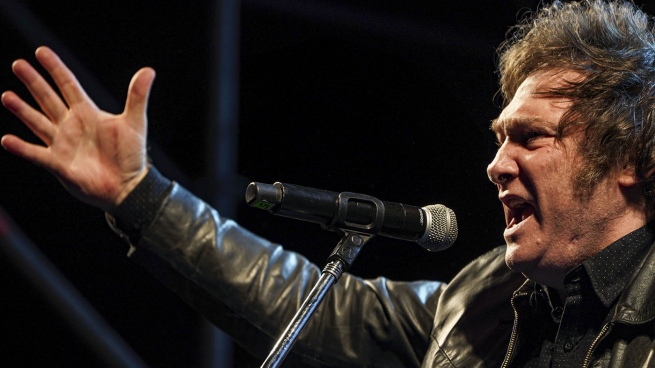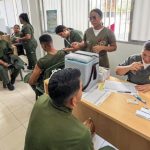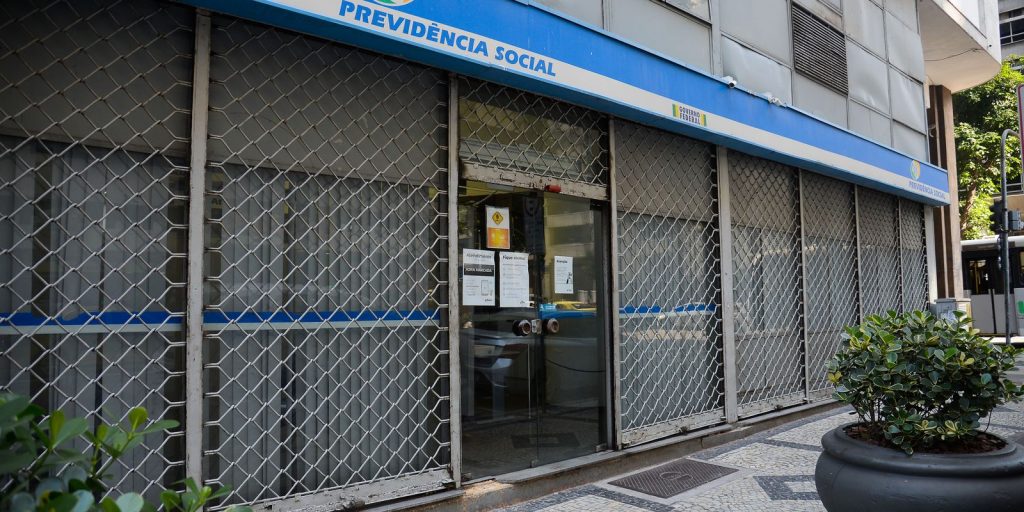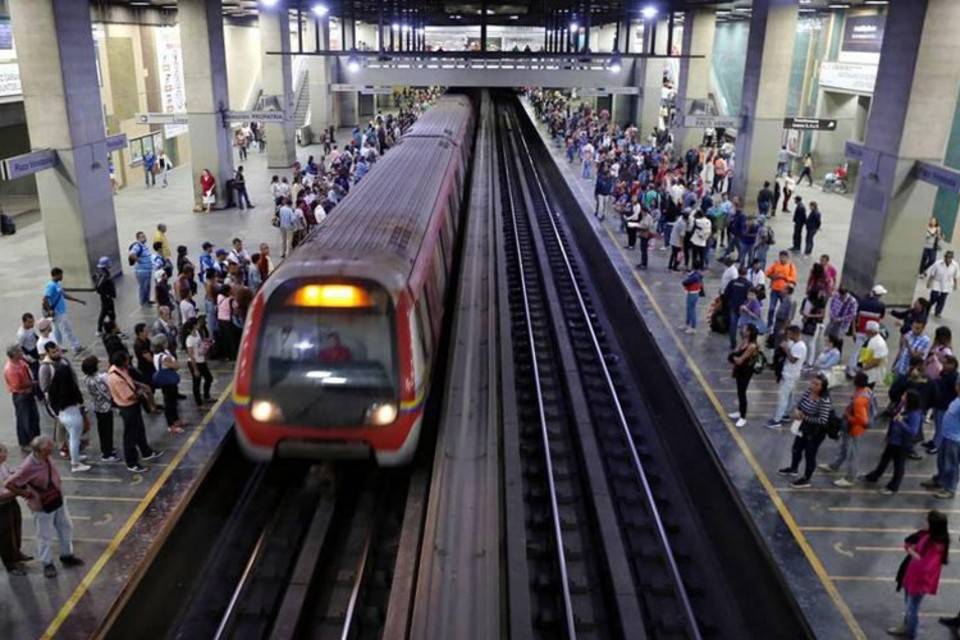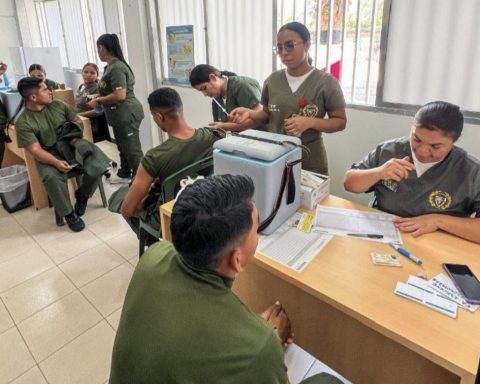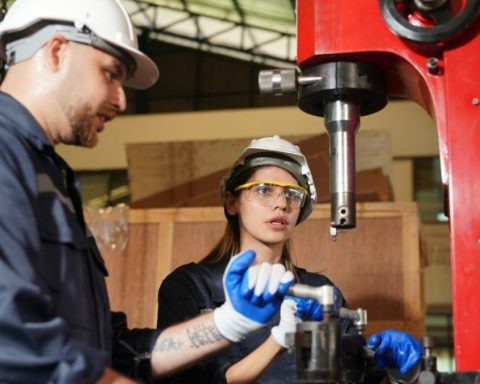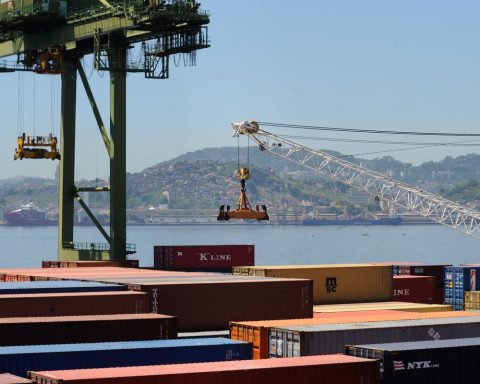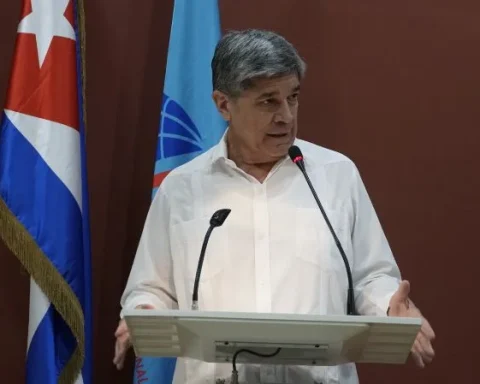The repudiation of the statements by the deputy of La Libertad Avanza Javier Milei, who spoke this Thursday in favor of the sale of organs, considering that it is “another market”, continued with pronouncements by the Argentine Society of Intensive Therapy ( SATI), officials from the National and Buenos Aires Ministry of Health, and new clarifications from the National Central Single Coordinating Institute for Ablation and Implantation (Incucai).
In a statement released through its social networks, SATI repudiated Milei’s statements and recalled that, “Within the framework of Law 27,447, trade in organs and tissues in the Argentine Republic is unfeasible.”
“The act of donation has its own characteristics from the point of view of law: it is very personal, essentially revocable and free, and includes 2 values of its own: being altruistic and supportive. The conception of the act of donation that all professionals in critical areas have is to be an action of benevolence, humanity and extreme generosity“, says the statement signed by the president of the entity, Guillermo Chiappero.
In the text, they added: “We respect the dignity of the patient at the end of his life who donates his organs-tissues, to their families who are grieving and we accompany alleviating the anguish of patients who are on the waiting list.”
The Argentine Society of Intensive Therapy repudiates the statements of deputy Javier Milei about the sale of organs. Within the framework of Law No. 27447, trade in organs and tissues in the Argentine Republic is unfeasible.
follow thread pic.twitter.com/teu4gnZ4EO— SATI (@SATIarg) June 3, 2022
For his part, the Secretary of Quality in Health of the Ministry of Health, Alexander Colliaalso joined the rejection of Milei’s statements: “How little humanity and respect for human dignity do you have to have to propose a market for the sale of organs. Once again, the debates raised by Javier Milei set back a century.”
Meanwhile, the Buenos Aires Minister of Health, Nicholas Kreplakshared on Twitter a screenshot of the libertarian leader’s statements and responded by saying that “the current organ donation and transplant system guarantees equity, universality and works with scientific support.”
“Commercialization is a crime and free is an essential condition for it to be fair. The market cannot be the guarantor of access,” wrote Kreplak.
The current organ donation and transplant system guarantees equity, universality and works with scientific support. Marketing is a crime and being free is an essential condition for it to be fair. The market cannot be the guarantor of access. pic.twitter.com/6xLpGwB5RE
– Nicholas Kreplak (@nkreplak) June 3, 2022
This Thursday, the deputy of La Libertad Avanza spoke out in favor of the sale of organs, considering that it is a “more market”and generated the repudiation of leaders of different political and social spaces and of the Single Central National Institute for Ablation and Implantation (Incucai).
Asked by Radio Miter if he was in favor of the sale of organs, Milei replied: “It’s just another market. You could think of it as a market. The problem is why everything has to be regulated by the State.”
The libertarian leader stated then that “there are studies in the United States that indicate that, if you left those markets free, they would work much better and would have fewer problems.”
This position generated the rejection of references from different political sectors, both from the ruling party and the opposition, and from the authorities of the Incucai and from Cucaiba.
From the entity’s Twitter account, they clarified that “organ donation is based on a supportive, altruistic and disinterested decision, so there can be no financial consideration in return.”
“In our country, living organ donation is only allowed for those over 18 years of age in the case of blood relatives or by adoption up to the fourth degree, spouses, or people who maintain a cohabiting union. In this way, it is guaranteed that no There is no trade or any kind of compensation for organ donation,” they recalled and ratified that “organ trade is prohibited by the Transplant Law.”
?Read full text ??https://t.co/4PU4R0gjQp pic.twitter.com/nj8cKGz38H
— INCUCAI (@incucaioficial) June 3, 2022
From the Incucai they also clarified that “Argentine legislation, as in all countries in the world where transplants are carried out, thoroughly regulates all donation and transplant activity, in such a way as to offer a guarantee of transparency and traceability of all processes, building trust in society.
“The health policies, through the donation and transplantation system, guarantee equity in access to transplantation for everyone who needs it, regardless of their social or economic status,” they said from the agency, adding that “the allocation of organs and fabrics is based on unique criteria established by national standards drawn up by technical commissions with broad consensus”.
They also recalled that “free of charge is an essential condition to ensure the transparency of the system and guarantee fairness based on principles of distributive justice” and that “in this sense, Argentine legislation expressly prohibits the sale of organs.”
“Installing this in society generates uneasiness in a country like ours where there are waiting lists and we are making efforts to strengthen cadaveric donors”Francisco Leone, head of Cucaiba
Similarly, Francisco Leone, head of the Single Coordinating Center for Ablation and Implantation of the province of Buenos Aires (Cucaiba) lamented the legislator’s statements and said that “installing this in society generates unease in a country like ours where there are waiting lists and we are making efforts to strengthen cadaveric donors.”
In statements to Radio Provincia, he asked himself: “If a market is created, will the State cease to exist by generating accessibility to transplants?”, because in this way “the transplant will be for a few.”
In this framework, Leone reported that the first funder of transplantation is PAMI, followed by Cucaiba and IOMA, therefore, he called for “thinking about a debate to improve accessibility to transplantation, since in a country with social problems the State It is playing a very important role.”
